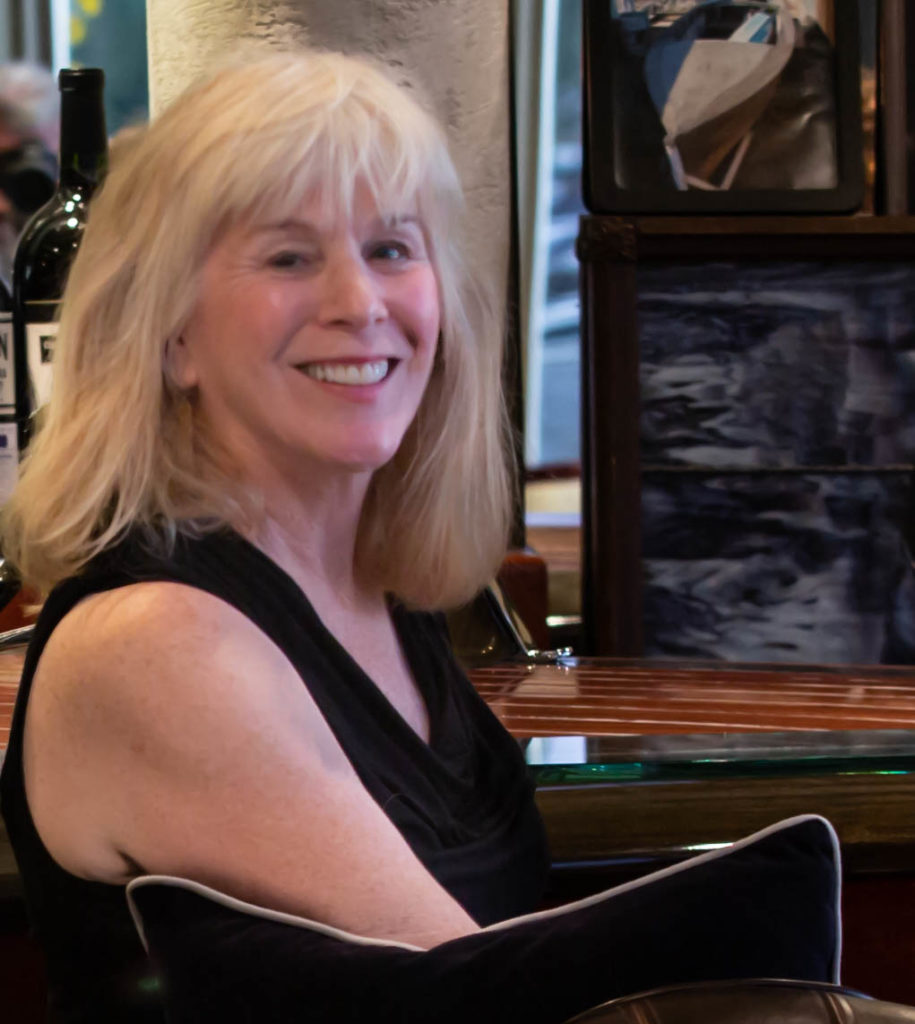Older adults have much to offer if they’re not stigmatized
By Patty Wait
The number of older adults is increasing, and it can be great!
Older adults have a wealth of knowledge, skills and experience. Sharing these skills and experiences may improve our community. The need is there, yet the access fails. Success requires that we respect and value both the contribution and the contributor, but providing that respect is challenging.
This challenge is described by Jennifer A. Richeson and J. Nicole Shelton in a study for the National Institutes of Health. In “When I’m 64” they report that there is mounting evidence to suggest that older adults are stigmatized in the United States and in most Western societies. Further, they found when older adults are forced to stay in places where they are not stereotype, they lose their freedom to participate fully in society—and society loses potentially unique contributions.
Accessing and honoring the skills and abilities of older adults may make living their best life possible. It would also improve the lives of others. Our community would be enriched if we both saw and included our older adults. Margaret Mead, one of our foremost cultural anthropologists, encouraged this when she said: “Connections between generations are essential to the mental health and stability of the nation.”
To do this, we need to overcome our bias. We are afraid to age, and so are prejudiced against aging and people that are older. Ageism is the most socially acceptable prejudice, but ironically it is a prejudice against our older selves.
A course correction could clear the view to new possibilities. The Age Friendly network may be that course correction. The city of Sacramento has enrolled in the network, and Sacramento County is considering it. An Age Friendly community accommodates all—children, older adults, people with disabilities. It could also create a path for older adults to continue to contribute.
Regular social and civic events for all ages would increase both understanding between generations and make them healthier. Older adults suffer and fail due to isolation, which is more damaging to health than smoking 15 cigarettes a day. We could reduce our health care costs by increasing the opportunities to socialize.

These interactions benefit our young as well. Laura Carstensen, a psychology professor and the director of the Stanford Center on Longevity, said, “Contrary to widespread beliefs that older populations consume resources that would otherwise go to youth, there is growing reason to think that older people may be just the resource children need.”
A synergy exists between different generations, a connection that has been a part of the human experience. The bonds and benefits from these relationships are hard-wired and improve our lives and communities. Aging is a natural process. Despite its challenges, aging increases experience, wisdom, kindness and patience.
Let’s actively bring older adults back into the fold of society, craft the environment to include them and value their participation. The results will improve our region and our lives.





Be the first to comment on "Essay: When I’m 64"